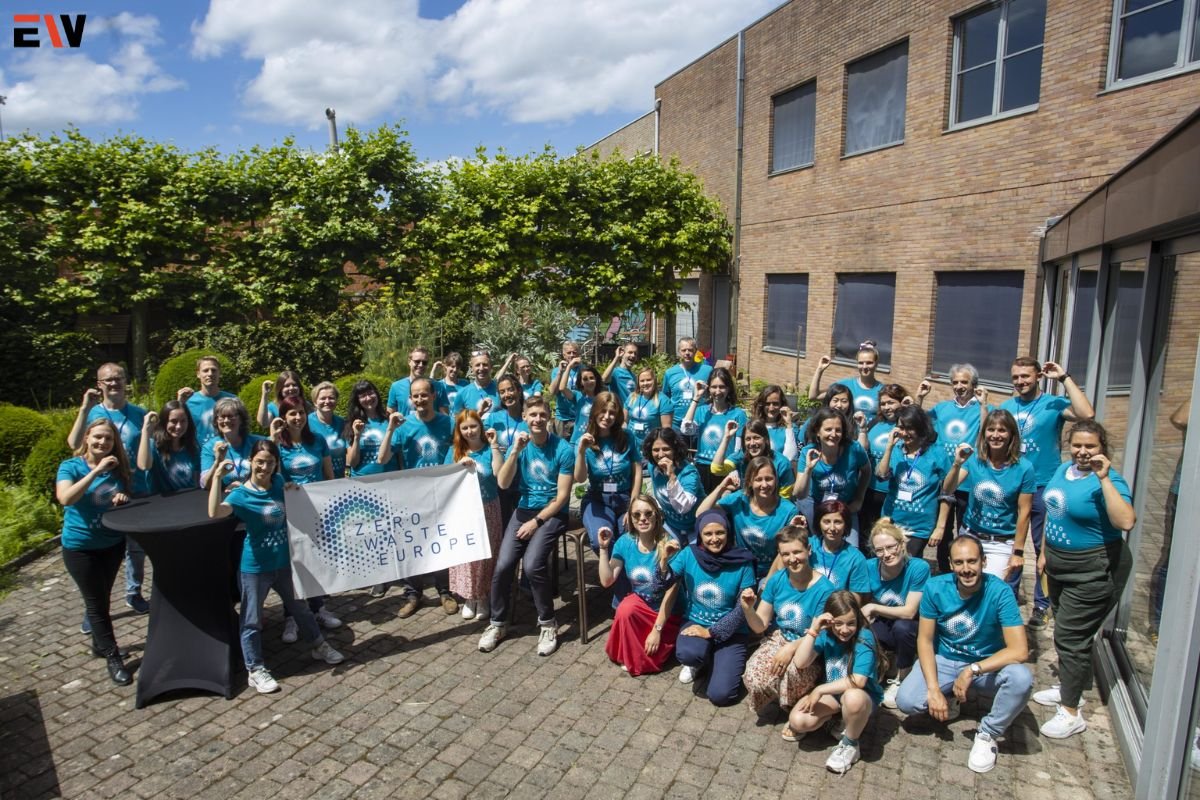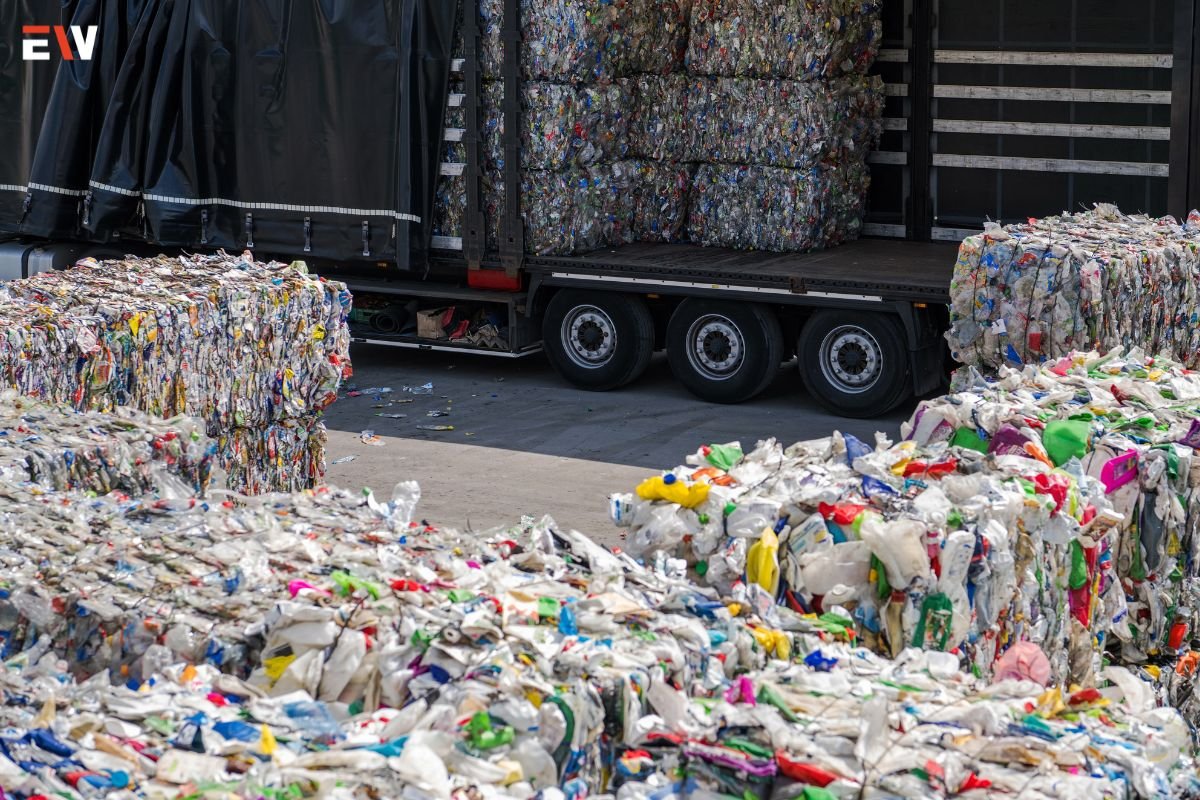Source – United Nations Development Programme
In an era where sustainability is increasingly becoming a global priority, zero-waste initiatives have emerged as a significant strategy for reducing environmental impact and promoting a circular economy. These initiatives aim to minimize waste generation, maximize resource efficiency, and encourage sustainable consumption and production patterns. This article explores the concept of zero waste, key principles, successful examples, challenges, and strategies for implementing zero waste initiatives.
Understanding Zero Waste
Zero waste is a philosophy and a design principle for the 21st century. It is centered around the idea of designing and managing products and processes to systematically avoid and eliminate the volume and toxicity of waste and materials. The ultimate goal is to ensure that all products are reused, repaired, or recycled back into nature or the marketplace, leaving no waste to be disposed of in landfills or incinerators.
Key Principles of Zero Waste
1. Refuse
The first principle of zero waste is to refuse unnecessary products and packaging. This involves making conscious choices to avoid items that generate waste and opting for alternatives that are reusable, durable, and environmentally friendly.
2. Reduce
Reducing involves minimizing the amount of waste generated by choosing products with less packaging, buying in bulk, and selecting items made from sustainable materials. It also includes reducing consumption and opting for quality over quantity.
3. Reuse
Reusing means finding new ways to use items that might otherwise be thrown away. This can include repurposing containers, donating clothes and household items, and opting for second-hand goods instead of new ones.
4. Recycle

Recycling involves processing materials to make them suitable for reuse. This principle emphasizes the importance of separating recyclables from non-recyclables and ensuring that items are properly sorted and cleaned to facilitate effective recycling.
5. Rot (Compost)
Composting is the process of turning organic waste, such as food scraps and yard waste, into nutrient-rich compost that can be used to enrich soil. This reduces the amount of organic waste sent to landfills and promotes soil health.
Successful Examples of Zero Waste Initiatives
1. San Francisco, USA
San Francisco is often cited as a leader in zero waste initiatives. The city implemented a comprehensive zero-waste program with the goal of achieving zero waste by 2020. Key strategies included mandatory composting and recycling, a ban on plastic bags, and extensive public education campaigns. As a result, San Francisco has achieved a diversion rate of over 80%.
2. Kamikatsu, Japan
The small town of Kamikatsu in Japan has become a model for zero-waste living. Residents sort their waste into 45 different categories for recycling and composting. The town has significantly reduced its waste, with over 80% of all waste being recycled or composted, and aims to achieve zero waste by 2025.
3. Zero Waste Europe

Zero Waste Europe is a network of communities and organizations working towards zero waste across the continent. The initiative promotes local zero-waste strategies, supports policy development, and facilitates knowledge sharing. Several European cities, including Ljubljana, and Slovenia, have made significant progress towards zero waste goals through this network.
Challenges in Implementing Zero Waste Initiatives
1. Consumer Behavior
Changing consumer habits and encouraging people to adopt zero waste practices can be challenging. It requires continuous education, awareness campaigns, and incentives to promote sustainable consumption and waste reduction.
2. Infrastructure and Systems
Implementing zero waste initiatives requires robust infrastructure for waste collection, sorting, and processing. This includes facilities for recycling, composting, and the management of hazardous waste. Developing such infrastructure can be resource-intensive and requires significant investment.
3. Policy and Regulation
Effective zero waste initiatives require supportive policies and regulations. This includes bans on single-use plastics, incentives for sustainable practices, and penalties for non-compliance. However, developing and enforcing these policies can be complex and may face resistance from various stakeholders.
4. Market Development
Creating a market for recycled materials and products is crucial for the success of zero waste initiatives. This involves fostering demand for recycled goods, ensuring quality standards, and supporting businesses that produce and use recycled materials.
Strategies for Implementing Zero Waste Initiatives
1. Public Education and Awareness
Raising awareness about the importance of zero waste and educating the public on how to adopt sustainable practices is essential. This can be achieved through workshops, campaigns, school programs, and community events.
2. Community Engagement
Engaging the community in zero waste initiatives fosters a sense of ownership and responsibility. This can involve organizing clean-up drives, creating community composting programs, and encouraging local businesses to adopt zero waste practices.
3. Policy and Legislative Support
Governments play a crucial role in promoting zero waste through supportive policies and regulations. This includes implementing bans on single-use plastics, providing incentives for sustainable practices, and setting targets for waste reduction and recycling.
4. Corporate Responsibility
Businesses have a significant role in achieving zero waste. Companies can adopt sustainable practices in their operations, reduce packaging, promote product reuse, and support recycling initiatives. Corporate responsibility also involves engaging with suppliers and customers to promote zero-waste principles.
5. Innovation and Technology

Leveraging innovation and technology can enhance the effectiveness of zero waste initiatives. This includes developing new recycling technologies, creating biodegradable materials, and using data analytics to optimize waste management processes.
The Future of Zero Waste
The zero waste movement is gaining momentum globally as more communities, businesses, and governments recognize the importance of sustainable waste management. Advances in technology, increasing consumer awareness, and supportive policies are driving progress towards zero waste goals. However, achieving zero waste requires collective effort and ongoing commitment from all stakeholders.
In the future, we can expect to see more innovative solutions for waste reduction, increased collaboration between public and private sectors, and greater emphasis on circular economy principles. As the zero waste movement continues to grow, it has the potential to significantly reduce environmental impact, conserve resources, and create a more sustainable and resilient society.
Conclusion
Zero waste initiatives represent a transformative approach to sustainability and environmental responsibility. These initiatives aim to eliminate waste and promote a circular economy by focusing on reducing, reusing, and recycling. While challenges exist, the growing awareness and commitment to zero waste principles offer hope for a more sustainable future. We can move closer to achieving zero waste and creating a healthier planet for future generations through collective action, innovation, and supportive policies.










